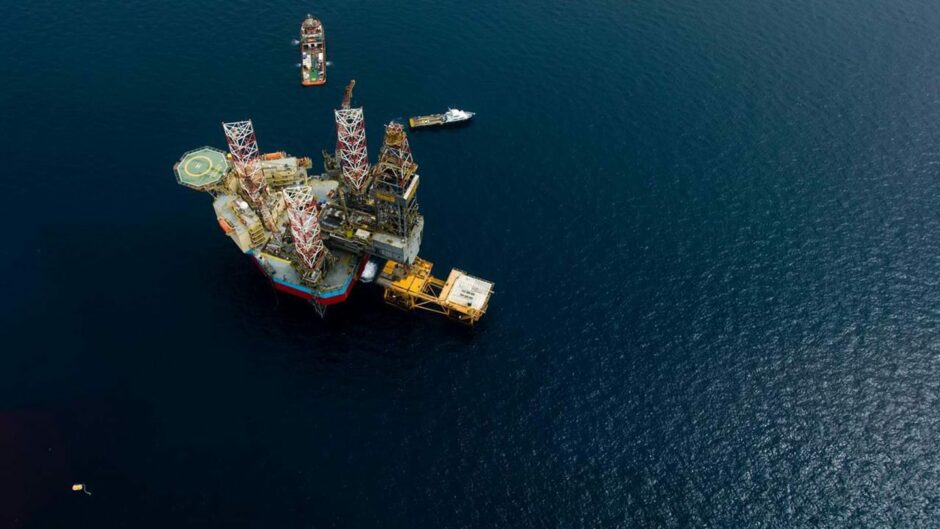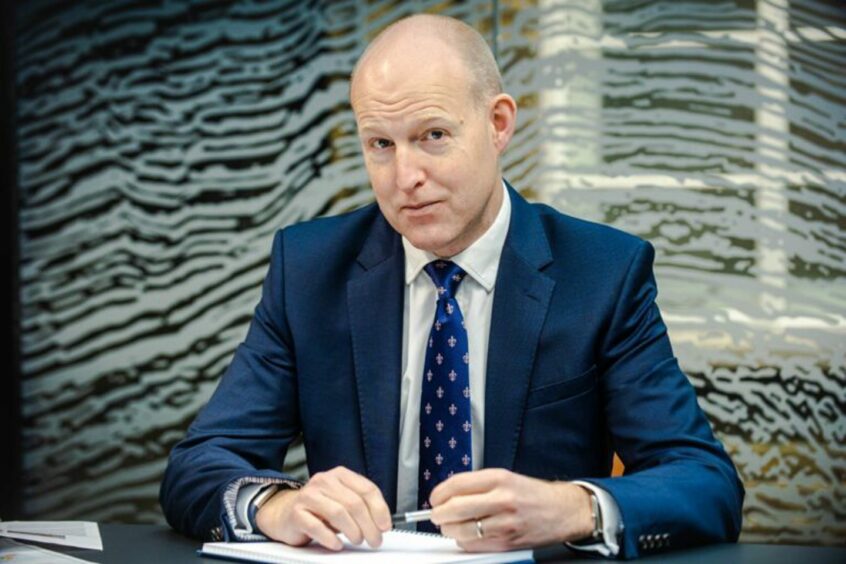
The chairman of Deltic Energy (LON: DELT) believes the oil and gas sector has become a “political football” as battle lines are drawn ahead of the next election.
“The external environment may seem hostile at times, but the political environment isn’t picking on Deltic specifically,” Mark Lappin noted in the North Sea firm’s latest results.
But he remains confident that “with or without future licensing”, the company portfolio remains robust, and that while there is demand, it has the supply.
In recent months politicians from all parties have given their two cents on the future of oil and gas production in the North Sea.
Broadly speaking the difference of opinion hinges on two main points – the issuing of fresh exploration licences, and whether major new projects should be allowed to progress.
On one side there are those who see new permits as an abdication of the UK’s climate commitments, and believe developing oilfields will slow down the transition to lower carbon sources.
But many think that while there is domestic demand for oil and gas, it makes sense to satisfy that with local production, in order to preserve jobs and maximise the economic potential of the North Sea.
Deltic getting on with the day job
Deltic lodged multiple bids as part of the latest North Sea Transition Authority licensing round, the results of which are expected imminently.
The firm is hoping to add to its existing portfolio, which includes Pensacola, the largest Southern North Sea gas find in a decade, and the hotly anticipated Selene prospect.
Mr Lappin said: “We now have assets at all stages along this conveyor belt; a portfolio of opportunities which are moving through the process from a successful Pensacola discovery, far along the conveyor belt, to Selene drilling plans, through to opportunities that are under assessment, and back to licences expected to be added via the current licensing round.
“Alongside this, on the demand side, we have a society highly dependent upon these resources, spending more on the import of these resources than on national defence or education, based on the Government’s own figures for 2022. Imports are bad for jobs, bad for Treasury receipts, bad for energy security and bad for emissions compared with the domestic supply within our portfolio.”
A ‘transformational’ few months
His comments were made as part of Deltic’s first-half results announcement that cover a “transformational” period for the firm.
At the start of the year it confirmed a major find at the Pensacola prospect, drilled in partnership with Shell, before announcing a significant increase to estimates.
It is though the discovery holds some 99 million barrels of oil equivalent (Mmboe), nearly double initial expectations.
The well planning process for drilling the Selene prospect (Deltic interest 50%) in the Sothern North Sea is also “progressing well”, and geotechnical surveys are pencilled in for later this year.
Spudding of the prospect is slated for the third quarter of next year.
As of June 30 Deltic’s cash position was £9.1 million, down from £20.4m at the end of last year, meaning a net cash outflow for the period of £11.3m, primarily on Pensacola.
Graham Swindells, Deltic chief executive, said: “It is no exaggeration to say that the first half of 2023 has been transformational for Deltic, following the discovery of material quantities of hydrocarbons at Pensacola in the Southern North Sea.
“With an estimated 100 million barrels of oil equivalent, the majority of which is natural gas, this represents one of the biggest UK discoveries in over a decade, and is particularly significant considering the enormous energy security issues that the country currently faces.
“I am very proud of the entire Deltic team which has delivered this success, and I am confident that we will continue to build upon this going forward.”
Recommended for you


 © Supplied by Noble
© Supplied by Noble © Supplied by Deltic Energy
© Supplied by Deltic Energy